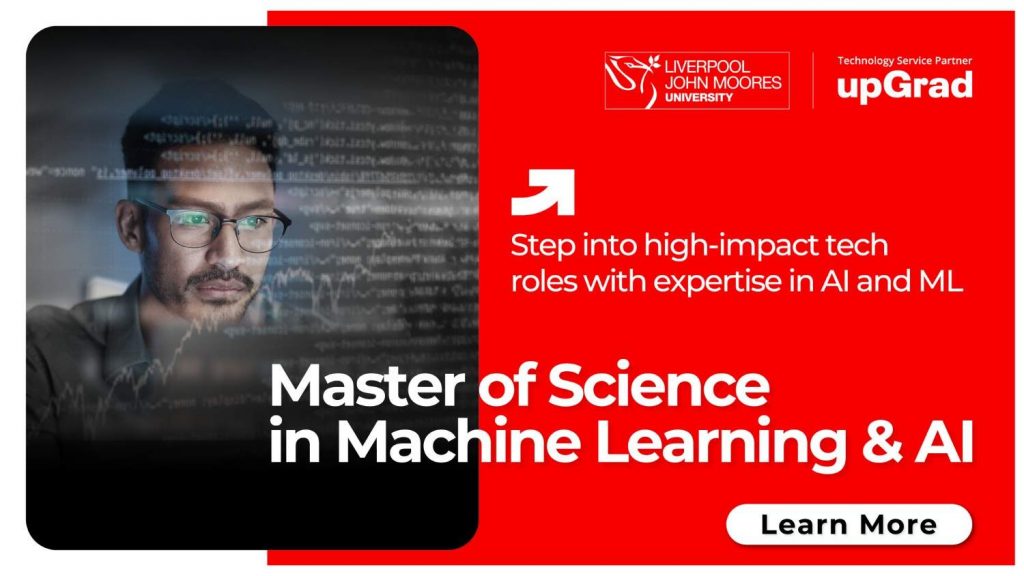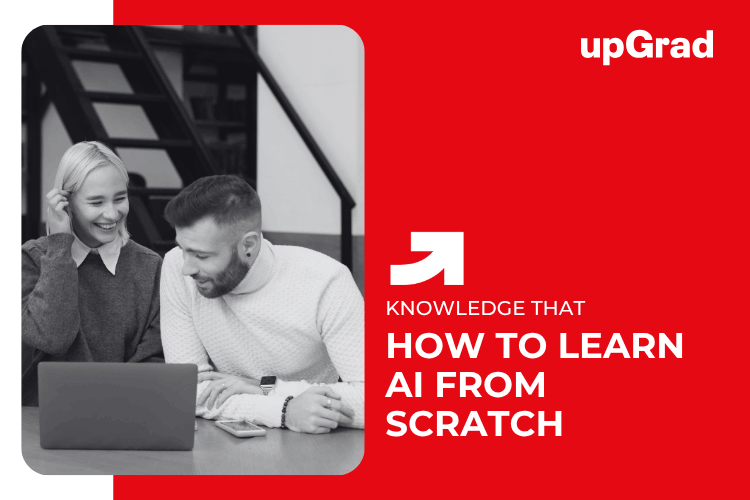Looking to learn AI from scratch in Singapore? You’re not alone. As companies increasingly rely on artificial intelligence and machine learning, demand for skilled professionals is skyrocketing. In fact, Singapore’s AI industry is expected to contribute over S$1 billion to the economy by 2030, according to the Smart Nation initiative. Whether you’re a student, tech enthusiast, or mid-career professional, now is the perfect time to dive into AI.
This guide outlines 5 practical steps tailored for self-learners to build a strong foundation, gain hands-on experience, and break into one of the most future-proof careers today.
5 Practical Steps to Learn AI from Scratch in Singapore
To follow a clear AI roadmap, beginners in Singapore can start with these five practical steps that build essential skills and hands-on experience for a successful AI career.
| Step | Description |
| Learn Math & Statistics | Build foundational skills in linear algebra, calculus, probability, and statistics |
| Master Programming for AI | Learn Python and libraries like NumPy, Pandas, and TensorFlow |
| Understand Core AI Concepts | Study machine learning, neural networks, and deep learning basics |
| Apply Learning via Projects | Work on real-world datasets to solve problems and build AI models |
| Build a Professional Portfolio | Showcase your projects and skills to potential employers |

Step 1: Learn the Basics of Math & Statistics
Start your AI journey by building a strong foundation in math and statistics. Focus on topics like linear algebra, calculus, probability, and statistics, as they are crucial for understanding AI algorithms. This step is essential for anyone wondering how to learn AI effectively.
Step 2: Master Programming for AI
Learning programming, especially Python, is key to implementing AI models. Get comfortable with libraries and frameworks used in AI development. This forms the practical side of learning AI. Start with NumPy, Pandas, and Scikit-learn, then move to TensorFlow or PyTorch for advanced model building.
Also Read: How Long Does It Take to Learn New AI Skills?
Step 3: Understand Core AI Concepts
Dive into machine learning, neural networks, and deep learning basics. Understanding these core concepts helps connect theory with real-world AI applications. Make sure you also grasp model evaluation techniques and bias-variance tradeoffs to build reliable AI systems.
Step 4: Apply Learning via Projects
Work on hands-on projects using real datasets to practice and solidify your knowledge. This active learning is vital for growth. Start small with classification or regression tasks, then progress to end-to-end AI pipelines or Kaggle competitions.
Step 5: Build a Professional Portfolio
Showcase your projects and skills on platforms like GitHub and LinkedIn to attract opportunities and demonstrate your AI expertise. Include well-documented code, Jupyter notebooks, and case studies to highlight both technical and problem-solving skills.
Also Read: AI Basics: 15 Terms Every Beginner Should Know
Key Skills & Tools Every Aspiring AI Professional Should Learn
If you’re serious about following an effective AI roadmap, here are the must-have skills and tools for anyone learning AI:
Core Foundations
- Math & Statistics: Focus on linear algebra, probability, and calculus.
- Programming: Start with Python; the go-to language for AI development.
AI & Machine Learning Knowledge
- Supervised and unsupervised learning.
- Neural networks and deep learning.
- Model evaluation techniques.
Also Read: Top AI Skills to Learn to Accelerate Your Career in Singapore
Essential Tools & Libraries
- TensorFlow and PyTorch.
- Scikit-learn and Keras.
- Pandas and NumPy.
Cloud & Deployment Skills
- AWS.
- Google Cloud.
- Azure.
Also Read: Top AI Project Ideas for Beginners in Singapore
Why upGrad is a Top Choice for Self-Learners Starting an AI Career in Singapore
If you’re exploring how to learn artificial intelligence, upGrad is a trusted platform for self-learners in Singapore. Its online AI programs offer flexibility, real-world projects, and expert guidance—perfect for those aiming to learn AI from scratch. With industry-relevant content and career support aligned to local demand, upGrad helps you build job-ready skills and confidently step into the growing field of artificial intelligence and machine learning.
Explore these Artificial Intelligence courses through upGrad!
- Executive Diploma in Machine Learning and AI from IIT Bangalore
- Master of Science in Machine Learning & AI from Liverpool John Moores University
FAQ on How to Learn AI from Scratch
Q: Can I learn AI without a computer science background?
Ans: Yes, you can learn AI without a computer science background. Many self-learners begin without a formal tech background. Focus on foundational math, programming (like Python), and core AI concepts. Online AI courses make it easier than ever to learn AI from scratch.
Q: How long does it take to learn AI from scratch?
Ans: Depending on your pace, it typically takes 6 to 12 months to build a solid foundation in artificial intelligence and machine learning, especially through consistent part-time study.
Q: How do I build a portfolio for AI job applications in Singapore?
Ans: Work on hands-on projects like predictive models, chatbots, or image classifiers. Host your code on GitHub, write about your work on LinkedIn or a blog, and include project demos in your resume.
Q: What programming languages do I need to know for AI?
Ans: Python is the most widely used language in AI, followed by R, Java, and Julia. Start with Python as it has vast libraries like TensorFlow, PyTorch, and Scikit-learn.
Q: What are entry-level AI jobs I can target after self-learning AI from scratch?
Ans: Some of the popular entry-level AI jobs that you can target after self-learning AI from scratch are:
- AI/ML Engineer Intern.
- Junior Data Scientist.
- Data Analyst.
- Machine Learning Associate.
- Research Assistant (AI-focused projects).
- AI Product Analyst.








